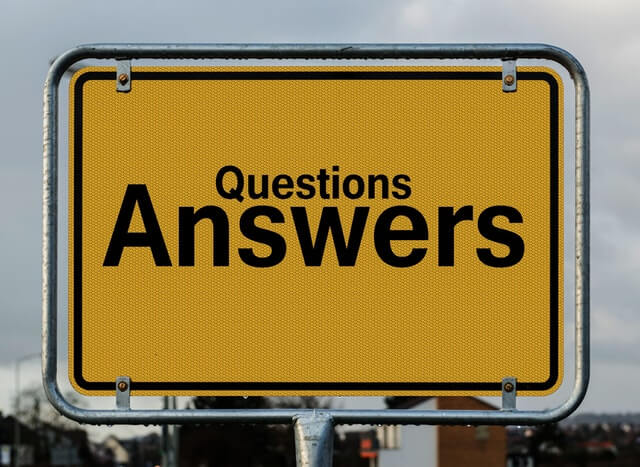Meanings of qué and que in Spanish

Qué - with accent mark
Every time "qué" means "what", usually in a question but not always, it needs an accent mark.
Also, if it's in between exclamation marks (¡!)
What do/does ...? What am/is/are...?
Questions that start like that are formed with
qué + verb
What do you think? - ¿Qué piensas (tú)?
What does she want? - ¿Qué quiere (ella)?
What thing do...?/does...?
Always use qué before a noun.
This is, if our sentence is like the previous but we add a noun as well:
¿Qué casa te gusta? - Whatwhich house do you like?
¿Qué naranjas quieres? - What/which oranges do you want?
¡Qué + adjective!
Exclamation, it can be translated in different ways depending on the context:
¡Qué buen viaje! - what a good trip
¡que rico!- so tasty
¡que sorpresa!- what a surprise!
Que - no accent mark
In this case, when it doesn't mean "que", we don't need the accent mark.
That
As a linking word before a second/third/forth.. verb in the sentence:
Ese es el bar que te recomendé - That is the bar that I recommended to you.
After article
Lo que - the thing that/what
El que, la que, los que, las que - what/the one
Esto es justo lo que necesito - This is just what I need.
¿Ves ese hombre? ¿El que tiene barba? - Do you see that man? The one that has a beard?
Descubrió el secreto, lo que destruyó su relación - He discovered the secret, what destroyed his relationship.
After preposition
It'd be translated as "which" and the combination is:
Preposition + article + que
Todavía tengo la bicicleta con la que aprendí - I still have the bike with which I learnt.
Fuimos al museo al que te llevé - We went to the museum to which I took you.
Tener que + inf
To have to do something:
Tengo que estudiar hoy - I have to study today.
Noun + que + infinitive
Describing what has to be done to noun. That is thing, concept or person.
The most common verbs that introduce this type of structre are tener, quedar and hay.
Tenemos mucho trabajo que hacer - We have a lot of work to do.
Quedan muchas historias que contar - Many stories remain to be told / We still have to tell many stories.
Hay tantas plantas que regar -There are so many plants to water.
Sometimes we don't mention the noun and in its place we use a quantifier: mucho, poco, tanto, demasiado...
Tenemos poco que contar -We have little to tell / we have only a bit to tell.
Hay mucho que hacer - There’s lots to do
Comparisons
Más/menos + adjective + que
Este cuadro es más bonito que el otro - This painting is more beautiful than the other one.
Javier es más interesante que Julián - Javier is more interesting than Julián.
Others
- Siempre que- as long as
Siempre que vengas clase, podrás aprobar
As long as you come to class, you'll be able to pass.
- Mientras que - while (expressing opposition or contrast)
Aquí tenemos muchas oportunidades, mientras que ellos no tienen tantas
Here we have many opportunities, while they don't have so many.
- I hope that...
Espero que means "I hope that", and after that we use subjunctive.
However, informally sometimes we omit the espero and we start with que straight
¡Que tengas un buen fin de semana! - (I hope) that you have a good weekend!
As you can see we don't have an accent mark here even though is between explanation marks. This is because it doesn't have exclamation meaning, but rather is a linking word.
Read this post on the difference between qué and cuál
I believe these are the points you need to understand que.
Practice
Identify the use of que or qué in these sentences:
¡Qué bonito!
Creo que ya hemos estudiado esto.
Esta casa tiene más habitaciones que la tuya.
¡Que tengas buen día!
Todavía hay habitaciones que pintar.
Tengo que solucionar un problema.
¿Qué ingredientes necesitas?
Este hotel es justo el que quiero.
¿Qué están buscando?
Ese es el chico con el que fui al cine.
¡Espero que ayude! / hope it helps! :)